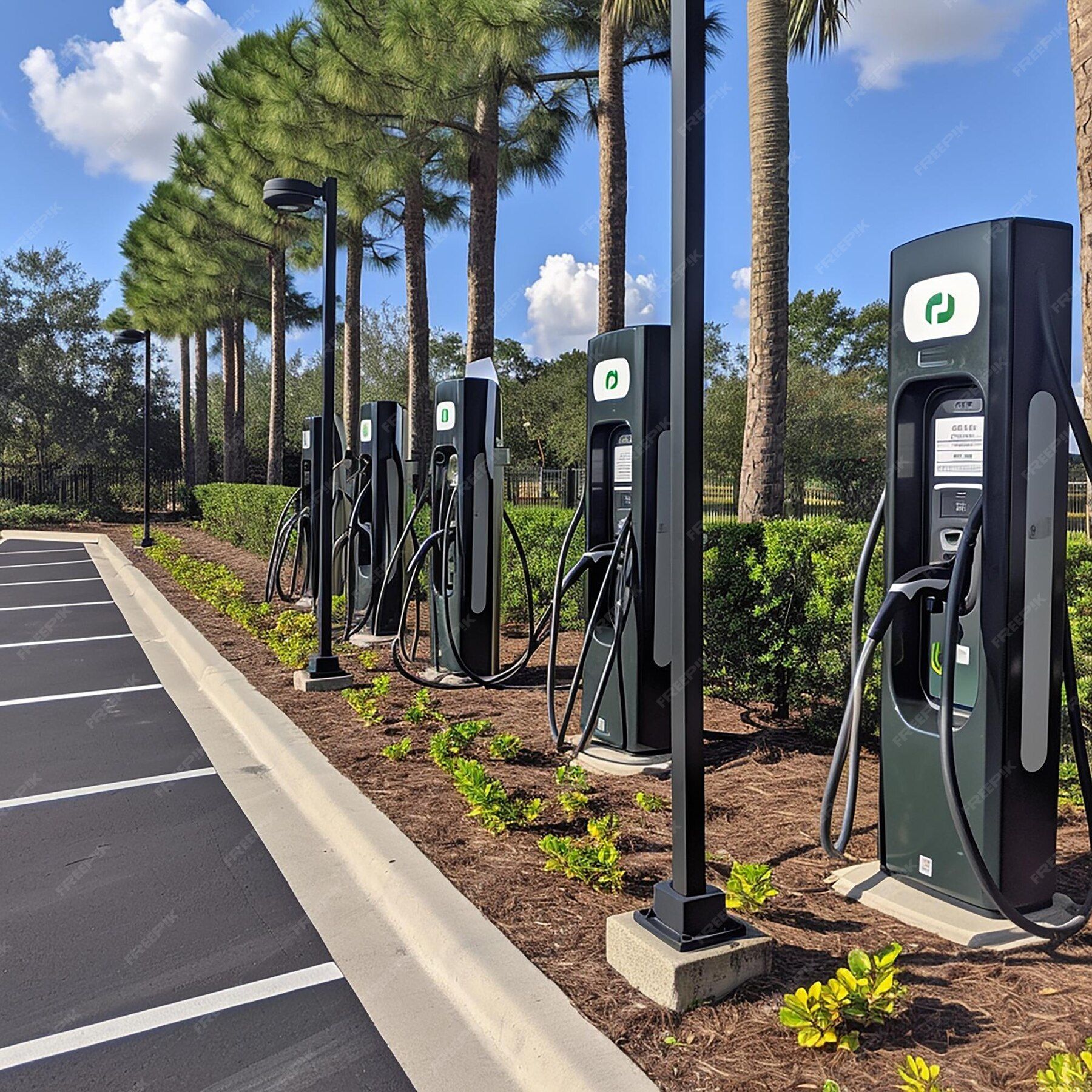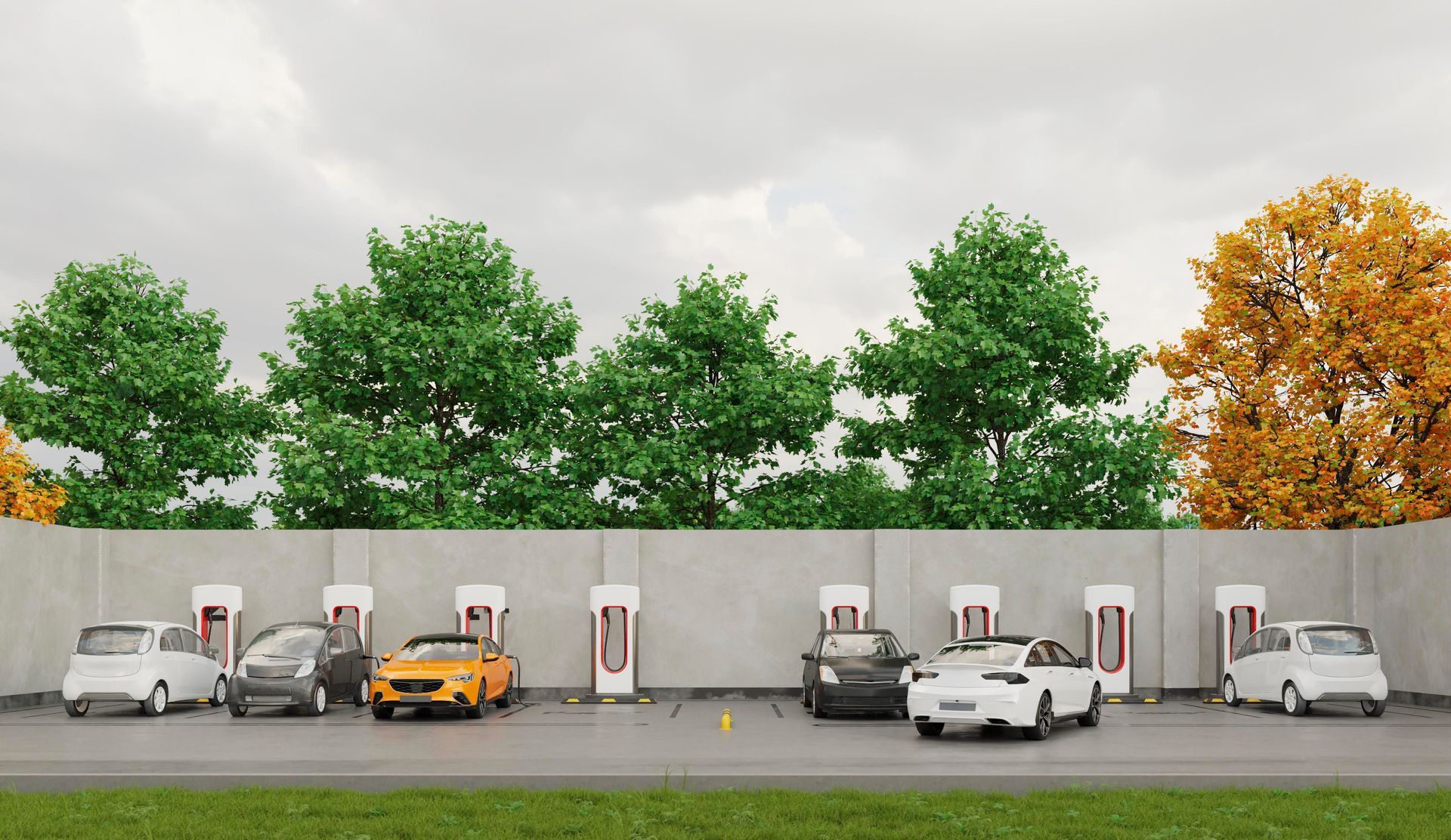BVRLA - Battery Electric Vehicles Are Rapidly Catching Internal Combustion Cars
BEV's rapidly catching internal combustion cars as leasing car of choice.

The British Vehicle Rental and Leasing Association (BVRLA) has announced that 84% of salary sacrifice orders made by its members are BEVs. At the same time, business contract hire vehicles account for 43% of its orders. This is a large part of the reason why the industry body is lobbying the government to keep its preferential company car tax rates to maintain the pace of change to electric cars on UK roads.
These figures also show that private contract hire rates are far lower when it comes to BEVs at just 15%. This can be attributed to their far higher capital costs compared to internal combustion engine (ICE) cars. The contrast shows that the company car Benefit in Kind rates are a key driver in the EV revolution we are seeing on UK roads.
BVRLA Lobbies Parliament
Just last week the BVRLA went to Westminster to speak with 30 MPs to discuss the government’s silence on BIK rates beyond 2024-25. The organisation says that 70% of petrol or diesel company car drivers are set to replace their vehicles between now and then, and some certainty on the rates would see many of these cars be replaced with BEVs.
Currently BIK sits at just 2% vs 35% or more on ICE cars, potentially putting thousands of pounds a year in the company car driver’s pocket. This is one of the reasons that the £1,500 EV grant being axed was hardly noticed in the last couple of weeks as BIK savings are far greater than that.
Speaking at the Houses of Parliament, BVRLA director of corporate affairs Toby Poston said: "The UK currently has a world-leading policy that is democratising access to EVs. Low company car tax rates have been the single biggest driver of EV uptake to date.
"As we weather the cost-of-living crisis, drivers need to know what their tax bills will be. The government needs to keep up the fragile momentum it has created in the face of the current economic headwinds - now is not the time to accelerate tax rises.”
With a new Prime Minister set to replace Alexander Johnson in September, and a potential whole new raft of policies with them, it remains to be seen whether such policy change can be achieved.










